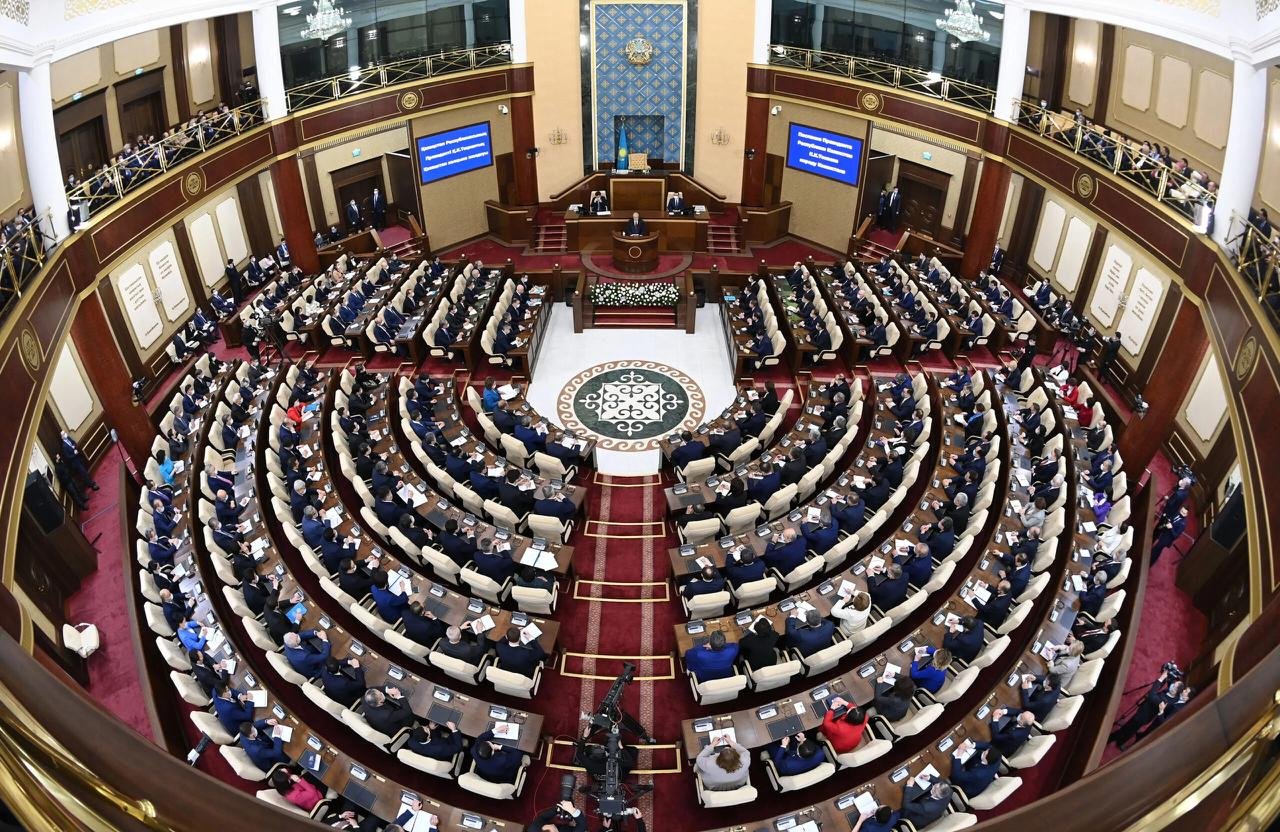
Written by: Dr. Abdulrahim I. Abdulwahid
ASTANA – In a move poised to redefine Kazakhstan’s political landscape, President Kassym-Jomart Tokayev has placed parliamentary reform at the center of the country’s modernization agenda. Describing it as a “historic and complex” initiative, Tokayev said the reform will shape Kazakhstan’s democratic evolution for decades to come, calling for broad dialogue, professionalism, and national unity throughout the process.
The parliamentary reform initiative marks more than a structural change — it represents Kazakhstan’s ambition to refine its political identity for the 21st century. By combining institutional streamlining, technological innovation, and citizen participation, President Tokayev aims to build a more efficient, responsive, and forward-looking state — one where governance and public trust evolve hand in hand.
First Meeting
Opening the first meeting of the working group on parliamentary reform, Tokayev emphasized that the initiative — first announced in his September state-of-the-nation address — represents “one of the most crucial and challenging stages” of Kazakhstan’s ongoing political transformation, according to Akorda.
“Parliamentary reform is an exceptionally important and challenging task. It directly influences the future of our state and the destiny of our people,” he stated.
Tokayev reaffirmed that while Kazakhstan’s presidential system will remain the cornerstone of governance, the planned transition to a unicameral Parliament aligns with both domestic logic and international practice — as nearly two-thirds of countries around the world operate under similar systems.
He cautioned, however, against rushing the process, stressing that the reform will require amending nearly 40 articles of the Constitution and harmonizing over 60 laws and codes — a legislative effort he described as “comparable to adopting a new Constitution.”

Tokayev called for an inclusive and transparent national discussion, emphasizing the need to engage representatives from Parliament, government, political parties, academia, and civil society to ensure the reform reflects the will of the people.
Among the key conceptual pillars outlined by the President, the reform must proceed evolutionarily rather than revolutionarily, grounded in the nation’s values and social realities. It is not merely about dissolving the Senate, he noted, but about reimagining the entire representative branch of government to better meet the demands of a rapidly changing world.
Highlighting the growing importance of technology, Tokayev announced plans for the creation of an “e-Parliament” — a digital legislative platform designed to make lawmaking more transparent, efficient, and participatory. He said the digital transition will not only modernize governance but also empower citizens to engage directly with the legislative process.
The President emphasized that the professionalism of deputies will be key to the reform’s success. By forming Parliament through party lists, Kazakhstan aims to ensure a capable and competent legislature where expertise and accountability take precedence over populism.
Concluding his remarks, Tokayev urged the working group — which includes legislators, government officials, political party representatives, legal scholars, and public figures — to approach their mission with the highest sense of duty and professionalism.
“Every proposal submitted through the e-Otinish and e-Gov platforms must be studied carefully. As a just and modern state, we must listen to every citizen who contributes to the nation’s progress,” Tokayev affirmed.
Observers and analysts
According to Euronews, Tokayev has suggested that a national referendum could be held in 2027 to formally approve the transition to a unicameral Parliament — a move that would mark one of the most significant constitutional shifts in Kazakhstan’s post-independence history.
Analysts from Orda.kz note that the proposed system would rely exclusively on party-list proportional representation, moving away from the current mixed model that includes single-mandate districts. This change could strengthen the role of political parties but limit the presence of independent candidates in the legislative process.

Experts interviewed by Tengrinews point out that the dissolution of the Senate raises important questions about regional representation, as the upper chamber has traditionally safeguarded the interests of Kazakhstan’s diverse regions. Some analysts caution that a unicameral system may reduce institutional checks and balances, while others argue it will streamline decision-making and improve legislative efficiency.
Meanwhile, supporters of the reform highlight its digital and participatory dimensions. The introduction of the e-Parliament platform is expected to transform lawmaking through advanced technologies such as artificial intelligence and real-time public input — enhancing transparency, accountability, and civic engagement.
Political scientist Serik Abishev described the initiative as “a bold yet logical continuation of Kazakhstan’s modernization path,” noting that it reflects Tokayev’s long-term vision to adapt the state’s institutions to global governance trends.
According to research by the Center for Eurasian Studies (AVIM), the parliamentary reform could affect around 40 constitutional articles and lead to revisions of more than 60 related laws and codes, making it one of the most comprehensive legal transformations in the nation’s history.




